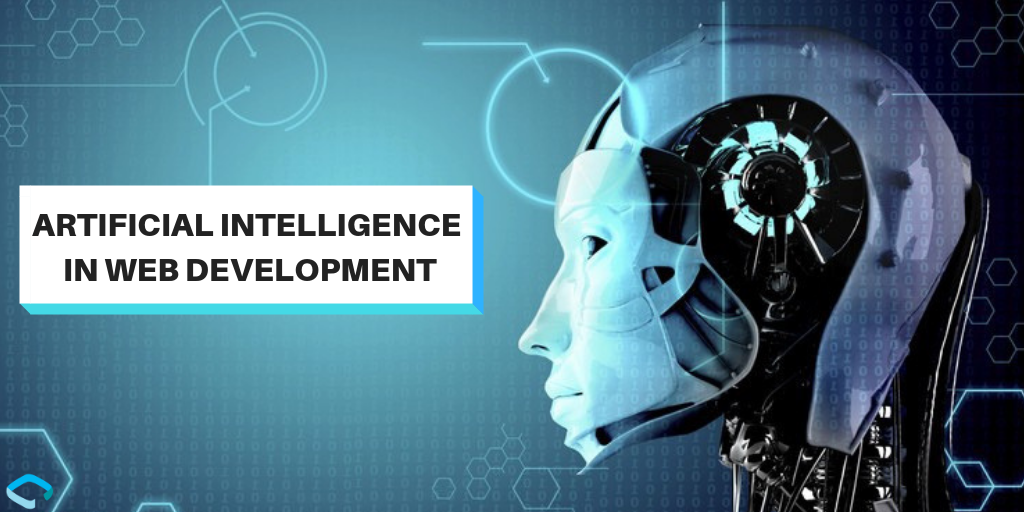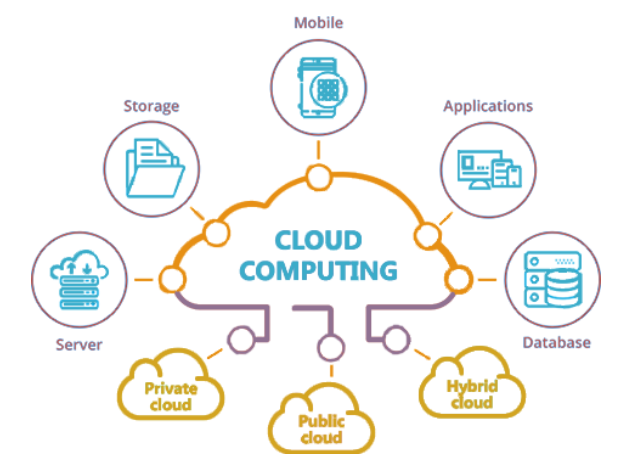
The Transformative Role of Artificial Intelligence in Shaping Modern Web Development
In the fast-paced realm of technological advancement, the fusion of Artificial Intelligence (AI) with web development has emerged as a game-changer, fundamentally reshaping the landscape of online experiences. The marriage of AI and web development is not merely a trend but an evolution that has propelled websites and applications into a new era of intelligence, personalization, and efficiency.
Enhancing User Experiences through Personalization
One of the most significant contributions of AI to web development lies in its ability to deliver personalized user experiences. AI-powered algorithms analyze user behavior, preferences, and historical data, enabling websites to curate content, suggest products, and tailor interfaces based on individual user patterns. This level of personalization fosters engagement, increases user satisfaction, and enhances conversion rates, as users are presented with content and services aligned with their interests and needs.
Machine Learning and Intelligent Automation
Machine Learning, a subset of AI, has revolutionized the way web applications function. Developers can now create self-learning algorithms that adapt and improve over time, providing predictive capabilities and automating tasks previously reliant on human intervention. From chatbots offering real-time assistance to content recommendation engines learning from user interactions, machine learning algorithms are elevating the efficiency and responsiveness of web applications.
Optimizing Performance and User Interface
AI plays a pivotal role in optimizing web performance and user interface design. Through AI-driven analytics, developers gain insights into website traffic, user journey patterns, and bottlenecks, enabling them to optimize loading times, streamline navigation, and create intuitive interfaces. AI-powered tools assist in A/B testing, allowing developers to experiment with various design elements and layouts to determine the most effective options based on user interaction data.
Natural Language Processing and Voice-Enabled Interfaces
The integration of Natural Language Processing (NLP) and voice recognition technology has redefined user interaction with websites and applications. Voice-enabled interfaces powered by AI facilitate hands-free navigation, search, and interaction, catering to users seeking a seamless and efficient browsing experience. Chatbots and virtual assistants equipped with NLP capabilities understand and respond to user queries, providing instant and accurate assistance, thereby enhancing user engagement.
Challenges and Future Possibilities
While the infusion of AI into web development brings immense benefits, it also presents challenges. Privacy concerns, data security, ethical considerations, and the need for transparent AI algorithms are some of the hurdles that developers and businesses must address.
Looking ahead, the future of AI in web development holds endless possibilities. Advancements in AI technologies like deep learning and neural networks promise even greater innovations, potentially revolutionizing how websites function, interact, and adapt to user needs.
In conclusion, the amalgamation of Artificial Intelligence with web development has unleashed a new era of possibilities, redefining user experiences, enhancing functionalities, and revolutionizing the very essence of the online sphere. As AI continues to evolve, its impact on web development is set to grow, shaping a digital landscape that is more intelligent, personalized, and user-centric than ever before.





.jpg)
